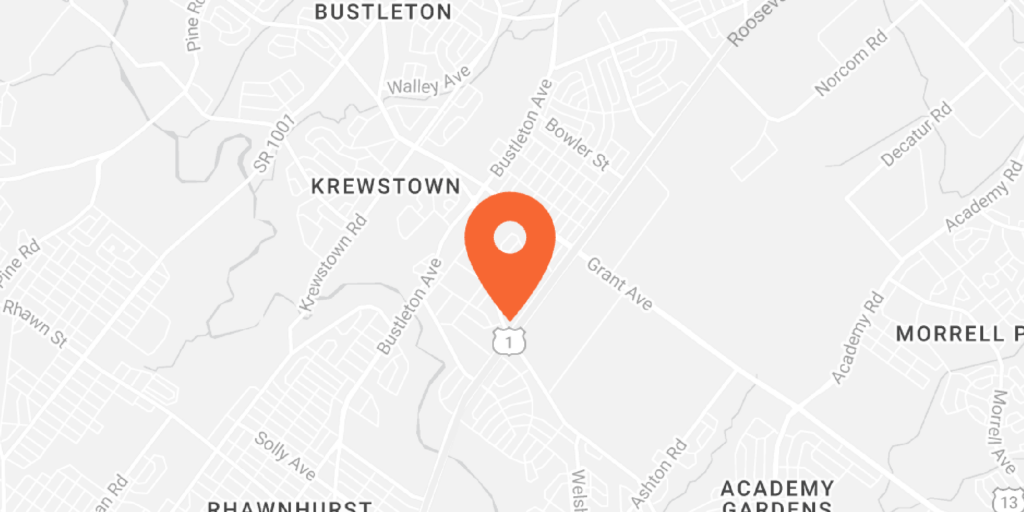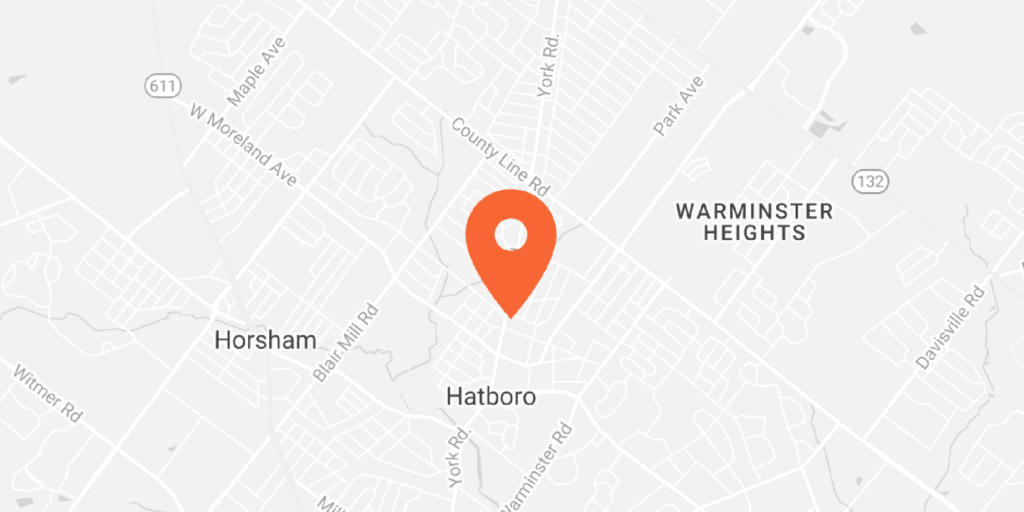When your friends or family hear that you’re getting braces on, any who had braces will tell you their stories. Before I got braces as a teenager, my friends reported about the pain, about the weird taste of the metal, about how easy it was to break off your brackets, etc. In short, I arrived at the orthodontist feeling very scared and very unwilling to cooperate with him as he put these torture devices in my mouth.
What I realized afterwards, however, is that my friends had greatly over-exaggerated. I’d gotten a lot of advice, about what to eat, what not to eat, how long it would take me to adjust, how it would feel—a lot of which I didn’t find relevant. Here are ten thing that your friends and family won’t tell you about your braces.
1. They aren’t supposed to hurt.
If you’re experiencing pain, especially a sharp, stabbing pain from a wire, this is an indication that something is wrong and that you need to call Dr. Gemmi and Dr. Middleberg to make an appointment to have your wire slid back into place. While getting them on and having them adjusted will cause a little soreness and discomfort, braces do not hurt like everyone says they do. Don’t believe the hype.
2. Your braces will collect food.
This is something that braces veterans forget. No matter what you eat and how careful you are, food is going to get stuck in your braces. There are plenty of ways to get it out, and you’ll develop your own system the longer you wear your braces. Even the softest, most “braces-friendly” foods will get caught around your wires or brackets, and you’ll just have to learn how to remove it without popping off a bracket or bending your wire. It’s not difficult, so don’t worry. My biggest problem was bread!
3. You do actually need to follow your orthodontist’s list of approved and forbidden foods.
One of the biggest pieces of bad advice I was given was that I didn’t need to followDr. Gemmi’s and Dr. Middleberg’s rules about what I should or should not eat. Because I had spacers in between my molars and I continued to eat chewy and sticky food, despite their rules, that meant at least two or three unplanned trips to their office to either replace a spacer that had fallen out or fix the position of a spacer that had been shoved out of place by biting down on something chewy. Following their instructions is the best way to decrease the length of your treatment and prevent any additional discomfort.
4. The change in your bite will be noticeable.
It will be especially noticeable when you bite down on something or when you chew. Your teeth with feel like they’re out of place—and that’s because they are. Your braces are moving them out of the positions you’re accustomed to.
5. Brushing your teeth is more important now than ever before.
Why? Because you have these wires and brackets on your teeth acting as obstacles. They can hide food and hold on to it for days, if you aren’t brushing properly. That gives food and the sugar and acid in it many more opportunities to break down your enamel and form the beginnings of cavities. The last thing you want to come out of braces with is straight teeth, but lots of cavities.
6. You will have to make your own adjustments.
If you have an expander or headgear,Dr. Gemmi and Dr. Middleberg will expect you to be more involved in your treatment than patients that don’t have these additional appliances. If you have an expander, you will probably have to adjust it every night, before your brush your teeth. If you have headgear, you will be expected to remember to wear it. Luckily,Dr. Gemmi and Dr. Middleberg won’t ask anything too tedious or time-consuming of you, but if you want your treatment to be effective and to be able to get your braces off when he estimates you’ll be able to, keeping up with these little things is important.
7. The time goes by faster than you think.
When most patients, especially young patients, hear that they are going to have to wear their braces for two and a half years, that sounds like a really, really long time. When you get your braces off, however, all that time and the discomfort really is worth it, to have a straight, beautiful, more functional smile. When you realize how easy it is to chew, how your teeth no longer grind together, and how great your smile looks, two years doesn’t seem like that much time. Even patients who have to wear theirs for three and a half year are glad they did.
8. Invisalign is a good option, but it isn’t right for everyone.
Invisalign seems like a great solution to the “metal mouth” problem of braces. Without wires or brackets, it seems like the aligners would be less painful, and because you can remove them, both the appliance and the teeth are much easier to clean. While Invisalign is great for some people, it cannot solve some of the more severe alignment problems. Sometimes metal braces are the only option.
9. There are a lot of things you’ll have to relearn.
If you play a wind instrument, for example. You won’t have to relearn how to play, but you will have to learn how to play with a new obstacle in your mouth. There is definitely an adjustment period as you get used to having metal brackets on your teeth. The good news is that your mouth is extremely resilient and it rarely takes more than a few weeks for calluses to form that make playing comfortable and natural again. The same goes for just about any other change that you feel with your teeth while wearing braces—it only takes a few weeks to adjust, so stick it out!



